Dr Stephanie Andriputri
MBBS; BA; DRANZCOG; DCH; FRACGP
Acute IllnessChild Health ServicesChronic Disease Prevention & ManagementMental HealthReproductive HealthSexual HealthTravel HealthWomen’s HealthWork Health
Depression is a disorder that is evidenced by excessive sadness, loss of interest in enjoyable things, and low motivation.
It is normal to experience feelings of sadness and despair in response to adverse life events. Such events could include loss, major life changes, stress, or disappointment. In most cases, the sad feelings resolve as you come to terms with the changes in your life. In situations such as bereavement, these feelings may persist for months and return at significant times, such as birthdays and anniversaries related to the lost loved one. Provided you have times when you can enjoy things, however, this sadness is not a sign of depression.
Depression is common. One in three people will experience a major depressive episode at some stage in their lives. While most cases of depression are mild, about one person in ten will have a moderate or severe episode.
The features of depression include:
Psychological Symptoms:
Physical Symptoms:
Any of these features may serve as warning signs of depression. You need to exhibit at least five of these symptoms to be suffering from a depression.
No one knows exactly what causes depression. It is clear that genetic factors are important in many cases of depression. Depression seems to run in families (as do other mood disorders), and about 30% of the predisposition for depression is due to genetic influences.
Stressful life events play a part in the onset or relapse of depression. Ongoing conflicts with others can take their toll on our well-being, as can other social and environmental stressors such as financial difficulties, retirement, unemployment, childbirth, loneliness, or loss of someone or something important. In vulnerable people, these unpleasant life events may be enough to cause or worsen a depressive illness.
A person’s personality characteristics are an important factor. When people are depressed, they usually have a very negative view of themselves and the world tend appreciate good things, and bad things seem overwhelming. Some people have a tendency to view things this way even when they are not depressed. In other words, they may have a depressive personality style.
Another possible cause of depression that should not be overlooked is physical illness or medications. Glandular fever, influenza, hepatitis, thyroid hormones, anaemia, diabetes, birth control pills, alcohol and other substances of abuse, or other medications such as those for heart or blood pressure conditions, may all cause symptoms of depression.
There is a range of ways to deal with depression, and often they are best used in conjunction with each other. The primary medical options are Cognitive Behavioural Therapy (CBT), antidepressant medication, and in some severe cases, Electroconvulsive Therapy (ECT). Education and coping strategies are also important when learning to manage your depression.
Getting better means getting control of your depression. The key components are;
For some people, medication will be the first line of treatment to eliminate a severely depressed mood. It is inadvisable to try and manage a severely depressed mood without trialling medication.
For mild to moderate depression, CBT is often recommended as a first-line treatment.
This to remember about medications are;
The symptoms of depression can be addressed to help you feel better. Here are some ways to deal with these symptoms.
Eat small portions of food that you particularly like. Take your time and do not feel under pressure to finish if you are eating with others. Drink plenty of fluids.
Put your worry to a useful purpose. Rather than endlessly pinpointing your problems, pick out one or two that seem important and decide to resolve them. You may like to ask a friend to help you.
Go through the following steps:
With assistance, the right treatment, and a solid understanding of the disorder, you can overcome depression. If you’re worried you might be suffering from depression or that your symptoms could be better controlled, make a booking with one of us at GS Health to discuss your concerns.
If you feel worried about your safety or are having thoughts of self-harm, you can call:
Lifeline 13 11 14
NSW State-wide Mental Health Line
1800 011 511

Dr Stephanie Andriputri
MBBS; BA; DRANZCOG; DCH; FRACGP
Acute IllnessChild Health ServicesChronic Disease Prevention & ManagementMental HealthReproductive HealthSexual HealthTravel HealthWomen’s HealthWork Health
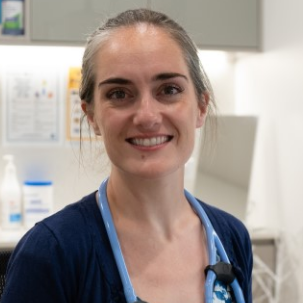
Dr Caitlin Weston
CF; BLibSt; MBBS; FRACGP
Acute IllnessChild Health ServicesChronic Disease Prevention & ManagementMental HealthReproductive HealthSexual HealthTravel HealthWomen’s HealthWork Health

Dr Atari Metcalf
BSc (Health Promotion); MD; FRACGP
Acute IllnessAlopecia Areata TreatmentChild Health ServicesChronic Disease Prevention & ManagementMental HealthReproductive HealthSexual HealthTravel HealthWomen’s HealthWork Health

Dr Rosemary Chen
BMed
Acute IllnessAlopecia Areata TreatmentChild Health ServicesChronic Disease Prevention & ManagementMental HealthReproductive HealthSexual HealthTravel HealthWomen’s HealthWork Health
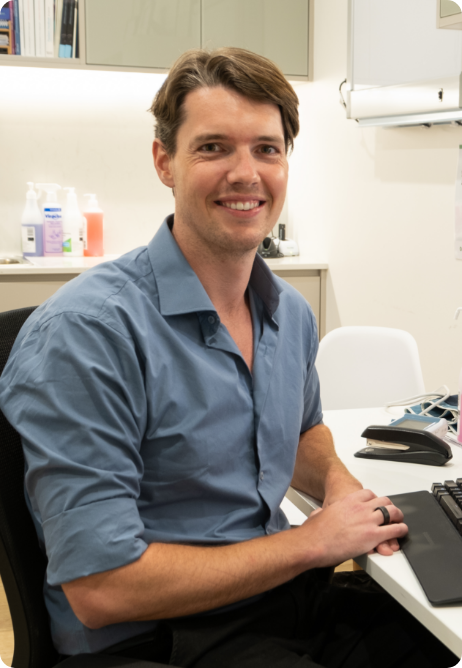
Dr Phillip Orme
MBBS; Clin. Dip. Pall Med; FRACGP
Acute IllnessChild Health ServicesChronic Disease Prevention & ManagementHealth OptimisationMental HealthSexual HealthTravel HealthWork Health
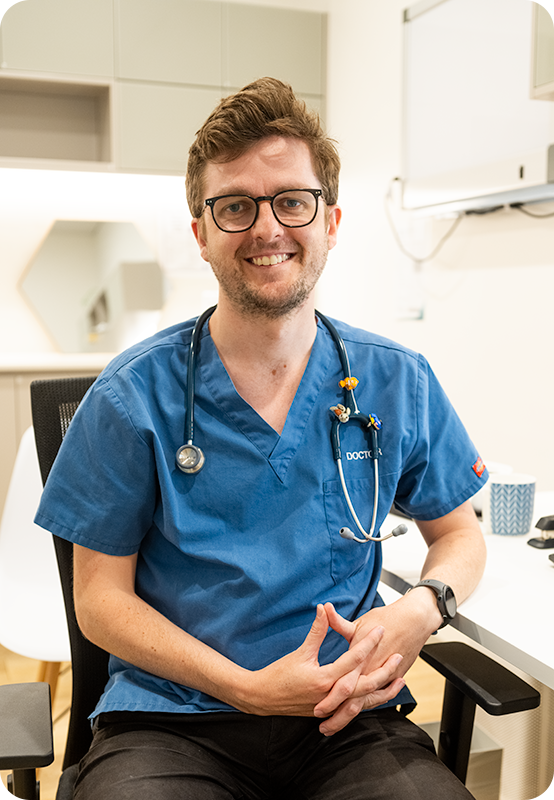
Dr Rupert Higgins
BMedSci (Hons); MD (UNSW); FRACGP
Acute IllnessAdolescent Mental HealthChild Health ServicesChronic Disease Prevention & ManagementHIV ManagementMental HealthSexual HealthSkin CancerTravel HealthWork Health
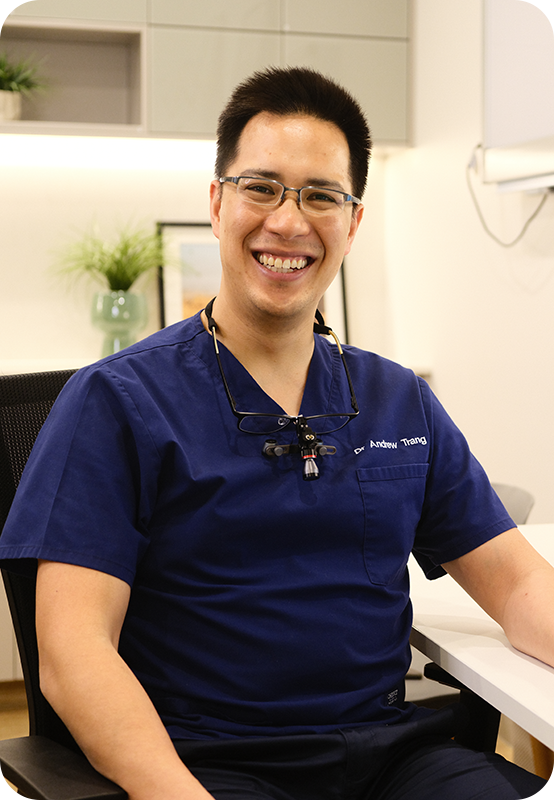
Dr Andrew Trang
MBBS (Adelaide); FRACGP; Prof. Cert Dermoscopy; Adv. Cert Skin Cancer Surgery
Acute IllnessChild Health ServicesMental HealthSexual HealthSkin CancerSurgical ProceduresTravel HealthWork Health
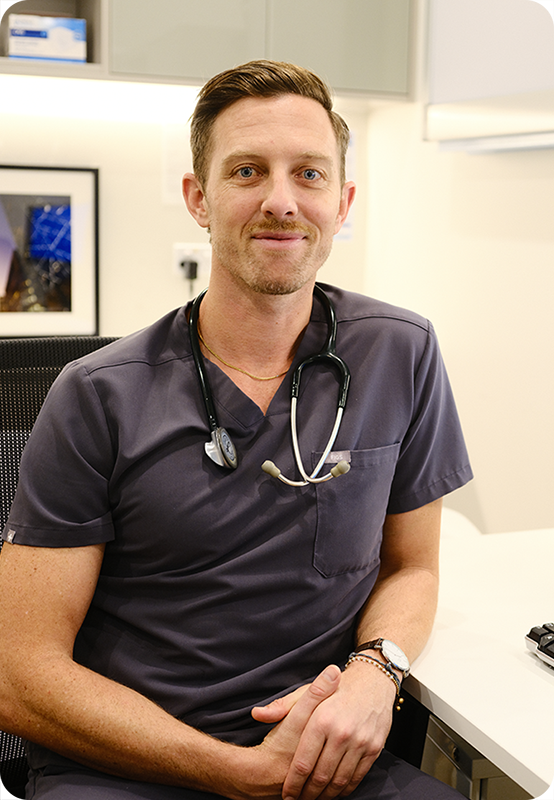
Dr John-Alec Tynan
BSc; MBBS; MPH; FRACGP
Acute IllnessAlopecia Areata TreatmentChild Health ServicesChronic Disease Prevention & ManagementHIV ManagementMental HealthSexual HealthTravel Health
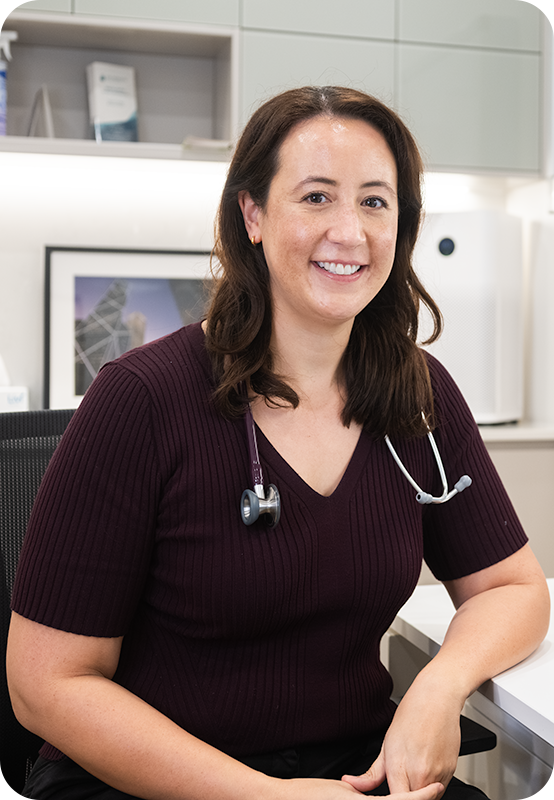
Dr Angela Hurley
B.Sc; MBBS; FRACGP
Acute IllnessChild Health ServicesChronic Disease Prevention & ManagementMental HealthSexual HealthTravel HealthWomen’s HealthWork Health

Dr Min Yin Huang
MBBS; FRACGP; DCH; FPAA Nat Cert
Acute IllnessAntenatal CareChild Health ServicesChronic Disease Prevention & ManagementMental HealthReproductive HealthSexual HealthSkin CancerSurgical ProceduresTravel HealthWork Health

Dr Winnie Yao
MBBS; Paed Cert; FRACGP; SH+FPA
Acute IllnessAlopecia Areata TreatmentAntenatal CareChild Health ServicesChronic Disease Prevention & ManagementMental HealthReproductive HealthSexual HealthSkin CancerTravel HealthWomen’s HealthWork Health

Dr Victoria Phan
BMed MD (UNSW); MClin US; DCH; FPC; FRACGP
Acute IllnessAntenatal CareChild Health ServicesChronic Disease Prevention & ManagementMental HealthReproductive HealthSexual HealthTravel HealthWomen’s HealthWork Health
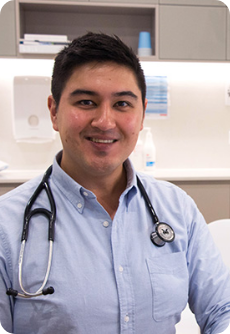
Dr Daniel Chanisheff
MBBS (Adel); FRACGP
Acute IllnessAlopecia Areata TreatmentChild Health ServicesChronic Disease Prevention & ManagementHIV ManagementMental HealthSexual HealthTravel HealthWork Health
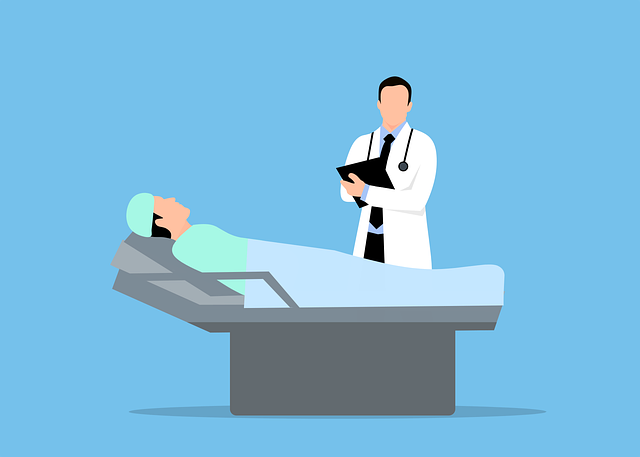
Specialists

Child Health Services

Women’s Health
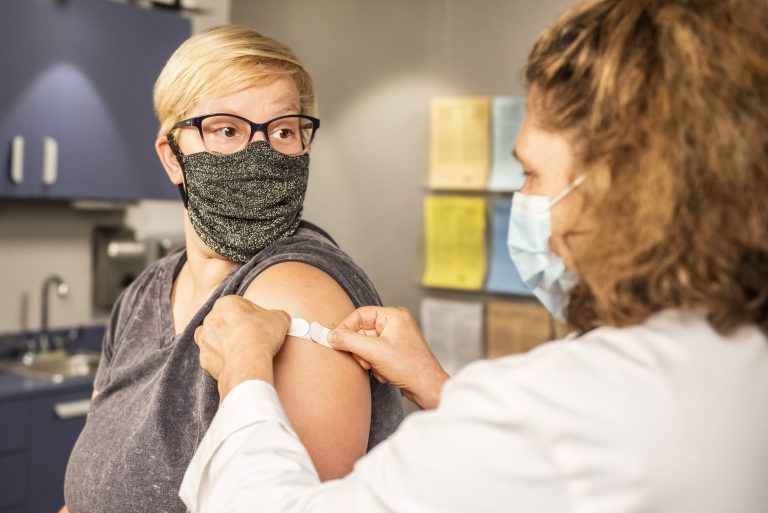
Immunisations
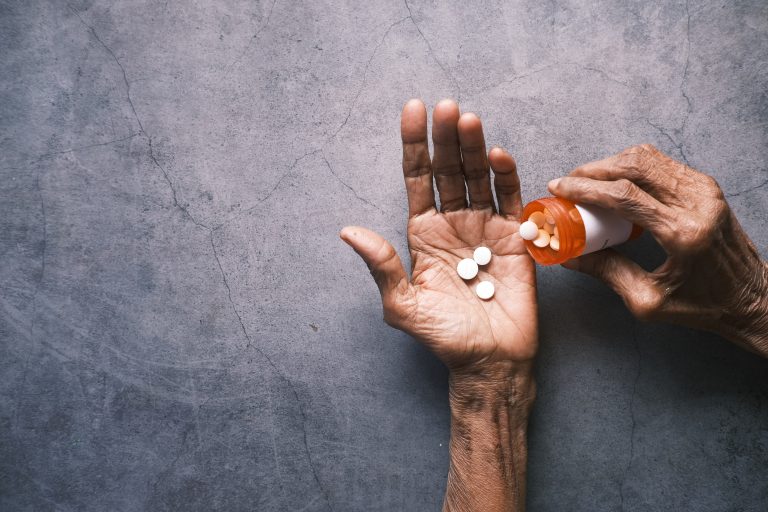
Chronic Disease Prevention & Management
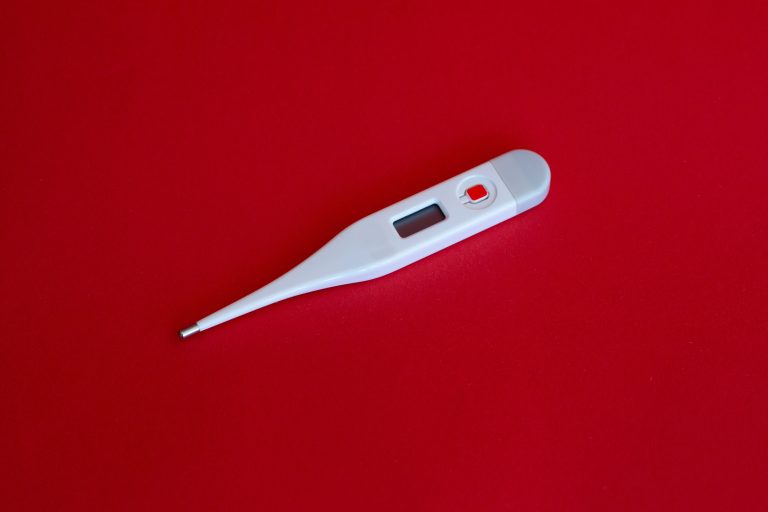
Acute illness

Preventative health
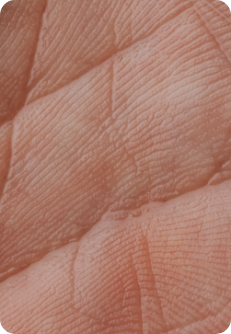
Skin Cancer

Travel Health

Sexual Health

Surgical Procedures

Work Health

Mental Health
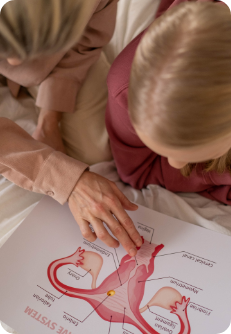
Reproductive Health

Physiotherapy
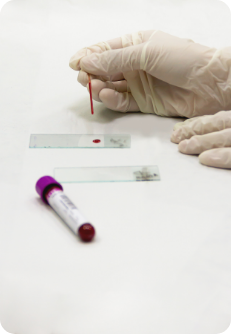
Pathology





